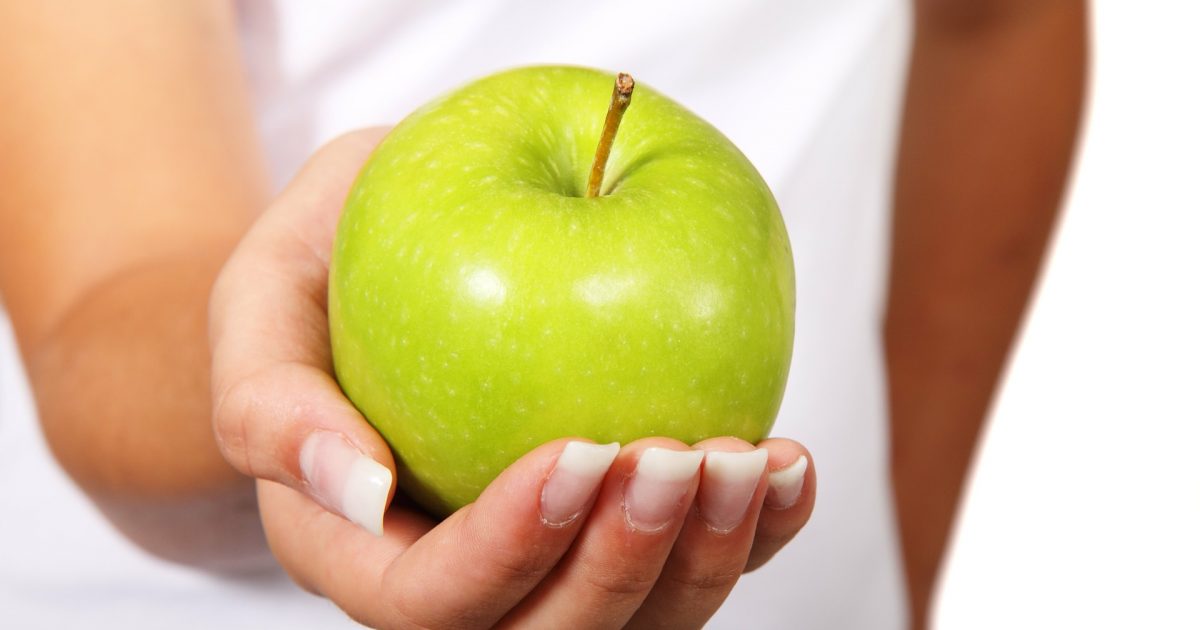With almost two in three Australian adults overweight or obese, a new CSIRO report has analysed the five main diet related personality types of more than 90,000 Australian adults to gain a comprehensive picture of why many people find it hard to maintain a healthy diet.
In what is Australia’s largest-ever diet and personality survey, food cravings were found to be one of the most common reasons diets get derailed.
“For anyone who has found eating to lose weight difficult, your personal Diet Type, daily habits and lifestyle factors could provide the answer to why some weight loss methods haven’t worked for you in the past,” the report’s co-author, CSIRO Behavioural Scientist Dr Sinead Golley said.
CSIRO’s report focussed on the five most common diet personality types across the surveyed population, and looked at the major stumbling blocks for each personality type.
For the second-most common personality type, the ‘Craver’, the report found resisting certain delicious foods is a significant challenge.
“One in five Cravers have tried to lose weight more than 25 times and they say that chocolate and confectionery are the biggest problem foods to resist,” Dr Golley said.
“On the other hand, people with the most common diet personality type – known as the ‘Thinker’ – tend to have high expectations and tend to be perfectionists, giving up when things get challenging.”
Dr Golley said they also found some interesting food personality trends across generations.
“Baby boomers and the older, silent generation (aged 71 years and over) were more likely to be Socialisers and Foodies – suggesting lifestyle and social connections influence a person’s eating patterns at different stages of life – while millennials and Gen X were more likely to be Cravers, Thinkers and Freewheelers,” she said.
“We also found younger people commonly used fitness trackers and apps to lose weight, while older generations turned to diet books and support groups.”
Dr Golley said CSIRO’s online Diet Type survey can provide behavioural insights to increase a person’s potential to successfully lose weight.
“If you’re frustrated by unsuccessful weight loss attempts, having a better understanding of your personal triggers and diet patterns can be the crucial piece of the puzzle,” she said.
The five most common diet personality types found across the surveyed population, including differences in weight status, diet behaviour, gender and generation, were:
The Thinker (37%) is the most common Diet Type. Predominantly women (86%), Thinkers tend to over-analyse their progress and have unrealistic expectations. This can result in a sense of failure and derail a diet.
The Craver (26%) One in four respondents is a Craver and finds it hard to resist temptation. More than half of all Cravers (58%) are obese.
The Socialiser (17%) Food and alcohol play a big role in the Socialiser’s active social life, so flexibility is key to maintaining a healthy diet.
The Foodie (16%) Foodies are most likely to be a normal weight. Passionate about food, this type has the healthier diet with a high variety of vegetables in their diet. Alcohol makes up one-third of their discretionary food and beverage intake.
The Freewheeler (4%) Spontaneous and impulsive eaters, Freewheelers have the poorest quality diet. With a higher proportion of men in this group, Freewheelers avoid planning meals and over half (55%) are obese.
To learn more about your diet personality and how best to personalise your eating habits, visit What’s your Diet Type?



